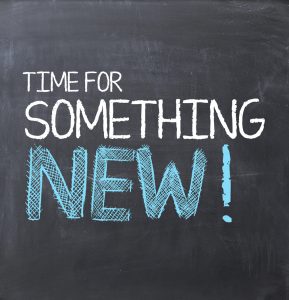 Back to the news
Back to the news
Everything You Need to Know About New Business Start-Up Costs in Canada
Brian Jang ON January 15, 2020Launching your own business can be a thrilling experience. It can also be a time that is frantic, nerve-wracking, and potentially expensive. It is that cost that often holds people back, but it does not have to. Why?
The Canada Revenue Agency (CRA) offers several tax incentives designed to help Canadians with the cost of starting their business, by allowing them to claim start-up expenses as deductions.
Which Costs are Valid for Deduction?
Your start-up costs are those expenses that are required to get your business started. This includes such things as the machinery or equipment that you need to begin operations, as well as your inventory.
These expenses must come from the tax year (or fiscal period) in which your business launched, after the official start date of your business.
Your Business Start Date
Figuring out the start date of your business may not be quite as straight-forward as you are thinking. It is not calculated from the first day you work, nor is it based on the first customer or first sale that you receive. The first major activity undertaken in your attempt to earn a profit marks the actual start date of your business.
In terms of what can be deducted, this means that if you are just now going into business and you already own a computer, no matter how new it might be, you cannot claim it as a business write-off because it was owned prior to your starting date. In some cases, however, making a purchase might signal the start of your business. If a substantial investment is made in equipment or inventory, for example, that may be considered as your first significant activity related to starting your business.
There are a few other occurrences that can signify the start date of your business, such as:
- The first purchase of inventory
- The start of construction of the place of business
- The start of employee training
- The initial negotiation of contracts
- The first advertising of the business
Remember: this marks the date after which expenses can be considered deductible. Purchases made prior to this date will not be deemed as business expenses, given that the business had not yet truly begun.
What Start-Up Costs Can be Claimed?
Not every expense is going to be claimable, but you should be able to claim any reasonable expense for items that are required to get your business started. The CRA states that to claim a start up fee, you must “have carried on a business in the fiscal period in which the expense was incurred.” This does not include any personal expenses.
Some examples of legitimate expenses include:
- Supplies
- Office expenses
- Insurance
- Telephone and utility bills
- Advertising
- Motor vehicle expenses
- Legal fees or other professional fees
- Accounting
- Business tax or other dues, fees, and licences
Transfer of Assets to Your Business
While claimable expenses must occur on or after your start date, you do have the option of transferring assets to your business in the first year. Therefore, if you own a car that will be used for your business, you may transfer ownership to your business and claim it on your taxes. When doing so, you will need to transfer the item at a fair market value. You must also update this value as the item depreciates over time.
The fair market value may be greater that the original purchase price. If this is the case, then the increase in value must be reported as a capital gain on your income tax and benefit return and added to the capital cost allowance schedule.
The launching of your business should be an exciting time and you will likely have a lot on your plate but do be sure to make the most of potential deductions to get started on the right foot.








